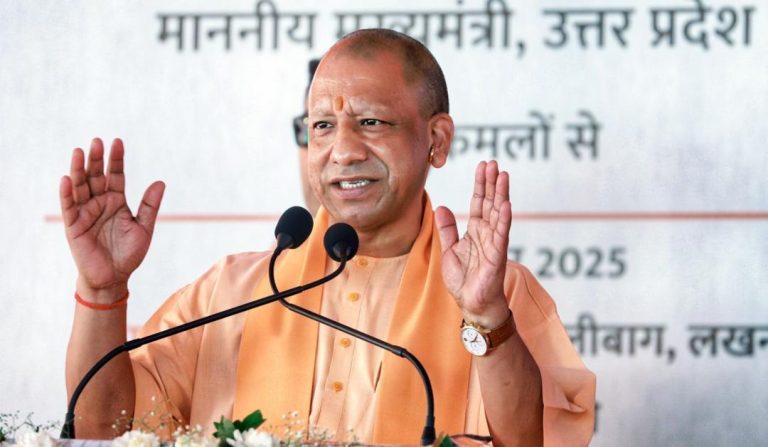
AI, Creators & Tier-2 Cities Power India’s Startup Growth
India’s startup ecosystem has been witnessing rapid growth and transformation in recent years. The country has emerged as a hotbed for innovation and entrepreneurship, with a plethora of startups emerging across various sectors. According to a recent report by Meta-A&M, India’s startup scene is evolving fast, driven by the adoption of AI, omnichannel models, expansion to Tier-2 and Tier-3 cities, and creator-driven branding.
The report highlights that 70% of Indian startups are using artificial intelligence (AI) to power their operations, making India one of the most AI-adopting countries in the world. AI is being used to improve customer service, enhance predictive analytics, and optimize business processes. This adoption of AI is expected to further accelerate as more startups recognize its potential to drive growth and efficiency.
Another key trend is the adoption of omnichannel models, with 67% of Indian startups opting for a multi-channel approach to connect with customers. Omnichannel models allow startups to engage with customers across various touchpoints, including social media, messaging apps, email, and offline channels. This approach enables startups to provide a seamless and consistent experience to customers, leading to increased customer satisfaction and loyalty.
The report also highlights the expansion of Indian startups to Tier-2 and Tier-3 cities. While many startups initially focused on metropolitan cities like Bangalore, Delhi, and Mumbai, there is a growing trend of startups targeting smaller cities and towns. According to the report, 95% of Indian startups are targeting smaller cities, recognizing the vast opportunities and untapped markets in these regions.
The expansion to Tier-2 and Tier-3 cities is driven by several factors, including the increasing availability of skilled talent, lower operational costs, and government initiatives to promote entrepreneurship in smaller cities. Startups that expand to these cities can benefit from a more relaxed regulatory environment, lower competition, and a more affordable cost of living.
Another key trend in India’s startup ecosystem is the rise of the creator economy. The report reveals that 88% of Indian startups partner with influencers and content creators early on, recognizing the power of social media and influencer marketing in promoting their brands. The creator economy is driven by the growing demand for authentic and niche content, as well as the increasing influence of social media on consumer purchasing decisions.
The rise of the creator economy is also driven by the increasing popularity of e-commerce and D2C (direct-to-consumer) brands. Startups that partner with influencers and content creators can benefit from increased brand awareness, improved customer engagement, and higher conversion rates.
The Meta-A&M report provides valuable insights into the strategies that Indian startups are adopting to scale their businesses and connect with users. The report highlights the importance of AI, omnichannel models, and creator-driven branding in reshaping how startups operate and grow in the country.
The report also emphasizes the need for startups to be agile and adaptable in a rapidly changing market. With the Indian startup ecosystem evolving at a rapid pace, startups that are able to adapt quickly and innovate effectively will be well-positioned to succeed.
In conclusion, India’s startup scene is evolving fast, driven by the adoption of AI, omnichannel models, expansion to Tier-2 and Tier-3 cities, and creator-driven branding. Startups that adopt these trends and strategies will be well-positioned to scale their businesses and connect with users in a rapidly changing market.





